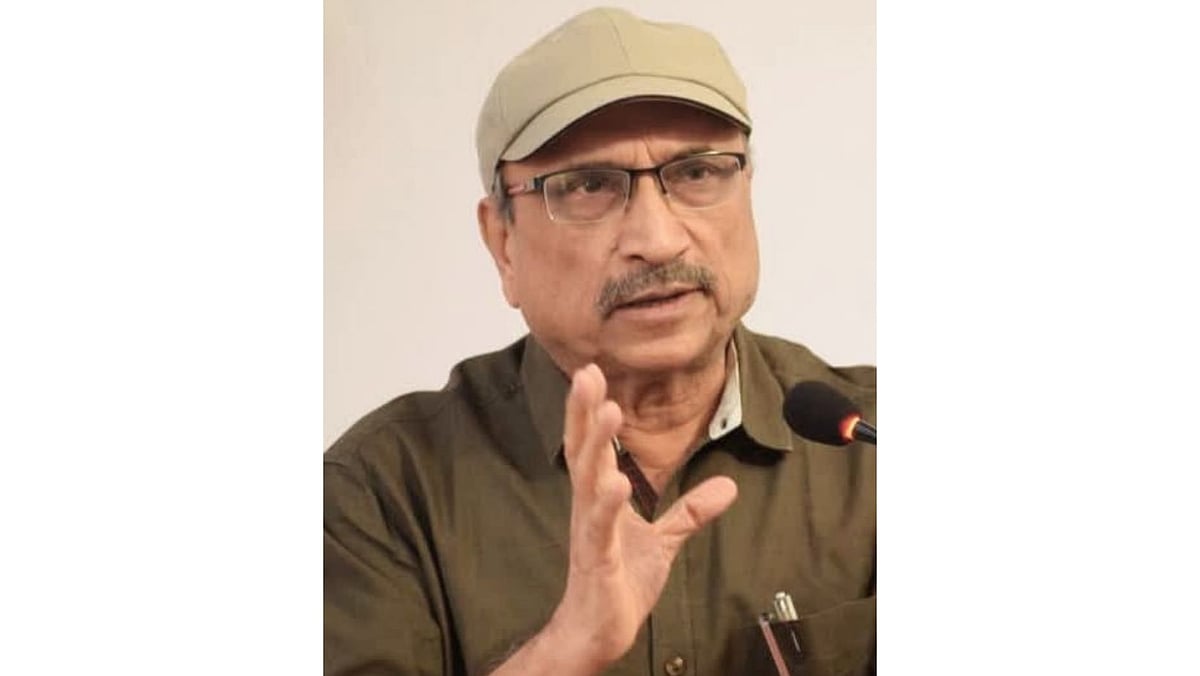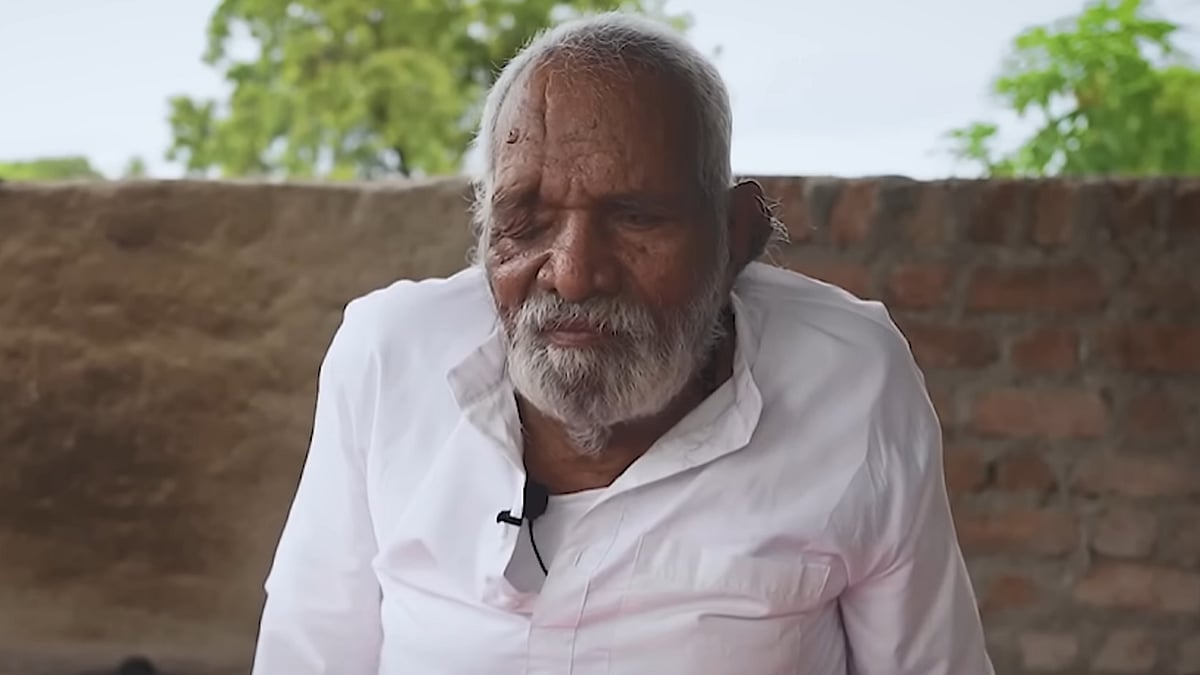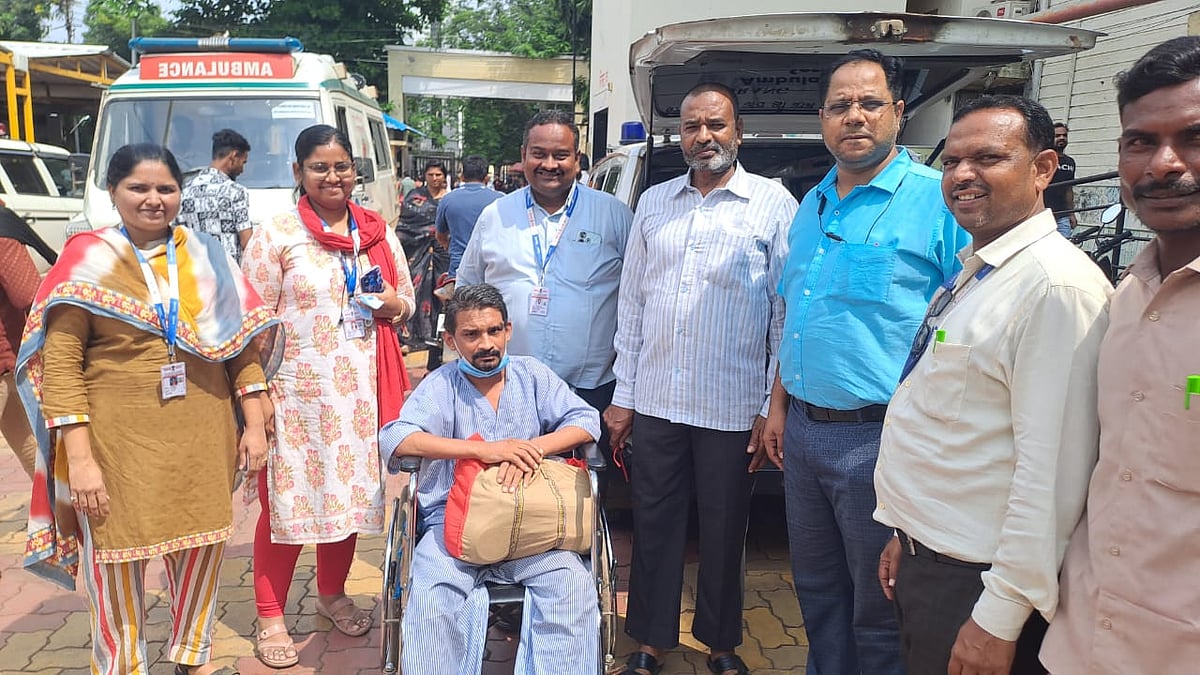As if the havoc it created in Pune with over 110 cases and 2 deaths was not enough, Guillain-Barré Syndrome (GBS) has now entered the home district of Maharashtra Health Minister Prakash Abitkar.
As per the reports, Kolhapur district reported two cases of GBS. In Pune, as of now, 110 cases of this rare immunological nerve disorder have been reported. Additionally, Nagpur has also reported cases of the disease. While there are different reports on the number of cases in Solapur district, with some stating 2 cases and others reporting 9, we could not verify the exact number.
State Health Minister Prakash Abitkar on Monday visited Pune.
The residents have been urged to take every possible care to maintain good water quality, drink boiled water, keep food fresh and clean, and avoid infection by not keeping cooked and uncooked food items together.
Pune on Monday reported nine more suspected cases of GBS, taking the tally in Maharashtra's second-largest city to 110, officials said.
These comprise 73 men and 37 women, with 13 patients being on ventilator support, a health department official said.
GBS is a rare condition that causes sudden numbness and muscle weakness, with symptoms including severe weakness in the limbs, loose motions, etc. Bacterial and viral infections generally lead to GBS as they weaken the immunity of patients, according to doctors.
Health Minister Abitkar, who was in Pune, inspected a well in Nanded village on Sinhgad Road, from where water is supplied to adjoining villages.

Centre deploys 7-member team of experts
The Centre has deployed a seven-member team of experts in Maharashtra to assist the state in monitoring and managing the increasing cases of GBS, news agency PTI quoted an official source as saying.
GBS is a rare condition that causes sudden numbness and muscle weakness. Symptoms include severe weakness in the limbs and loose motions. According to doctors, bacterial and viral infections generally cause GBS because they weaken patients' immunity.
While GBS is prevalent in both paediatric and young-age groups, it will not lead to an epidemic or pandemic, they said, adding that most patients recover fully with treatment.










